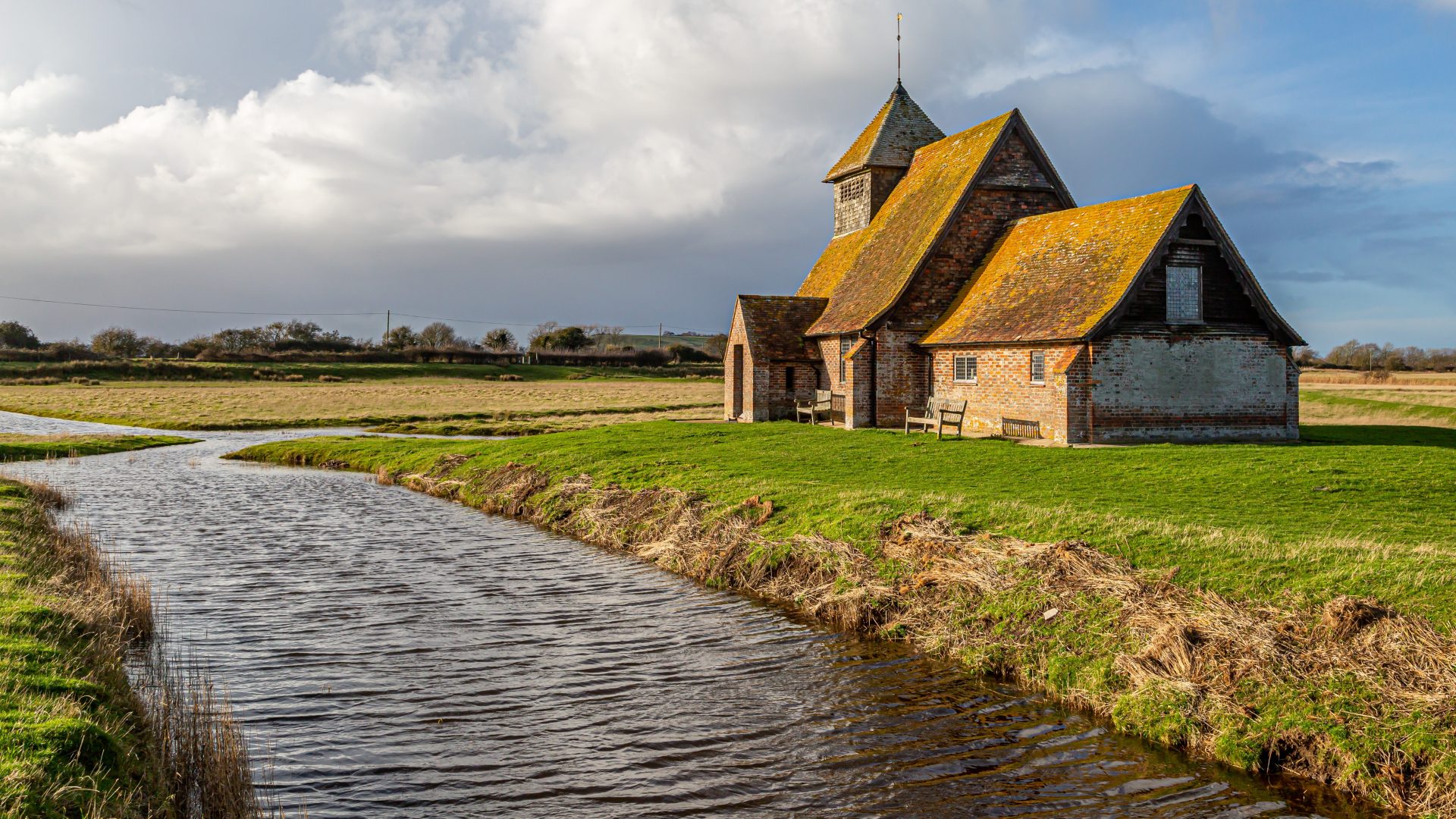The National Drought Group has reconvened to discuss ongoing preparation for future droughts, but confirmed water resources are healthy following England’s wettest October to March on record.
The Environment Agency chaired its regular meeting of the group on Thursday 18 April, in which they discussed the ongoing challenge of managing future droughts as the climate changes.
The group – which includes the Met Office, government, water companies, farmers, and conservation experts – noted no area is in drought and reservoir storage for England as a whole was 95% at the end of March.
Farmers are currently facing the problem of too much water, rather than too little, which the meeting heard could impact this year’s growing season.
The current water resource outlook means there is a low-risk that hosepipe bans will be needed this summer.
The EA has instructed water companies to keep preparing for all rainfall scenarios and continue their work on demand management and leakage reduction. The public have also been urged to continue playing their part in protecting the environment by using water wisely.
Environment Agency Director of Water, Helen Wakeham, who chaired the meeting said:
“While it is positive that water supplies are currently in a favourable place, every drop we can save will help ensure our supplies are resilient into the future. Even following wet weather, we cannot be complacent with this precious resource.
“We all need to use water wisely, such as turning off taps when they are not needed or installing water butts in our gardens. At the same time, the Environment Agency will continue to work with the water, agriculture, and environment sectors, to prepare for droughts, which can come unexpectedly as we found in 2022.”
Water Minister Robbie Moore said:
“It was promising to hear that water supplies are currently healthy – however, we all have a role to ensure this remains the case. We have been clear to water companies that as well as going further and faster to tackle pollution, they need to do more to secure future water supplies.
“This includes reducing leakage by at least 50% by 2050, as well as encouraging efficiency through an increased use of smart water meters.
“We are securing significant investment to develop new infrastructure, which would include building more reservoirs, and it is vital water companies and regional groups deliver on these plans.
“We are also supporting farmers to store more water on their land with tens of millions of pounds delivered through the Water Management Grants to fund more on-farm reservoirs and works to improve irrigation.”



